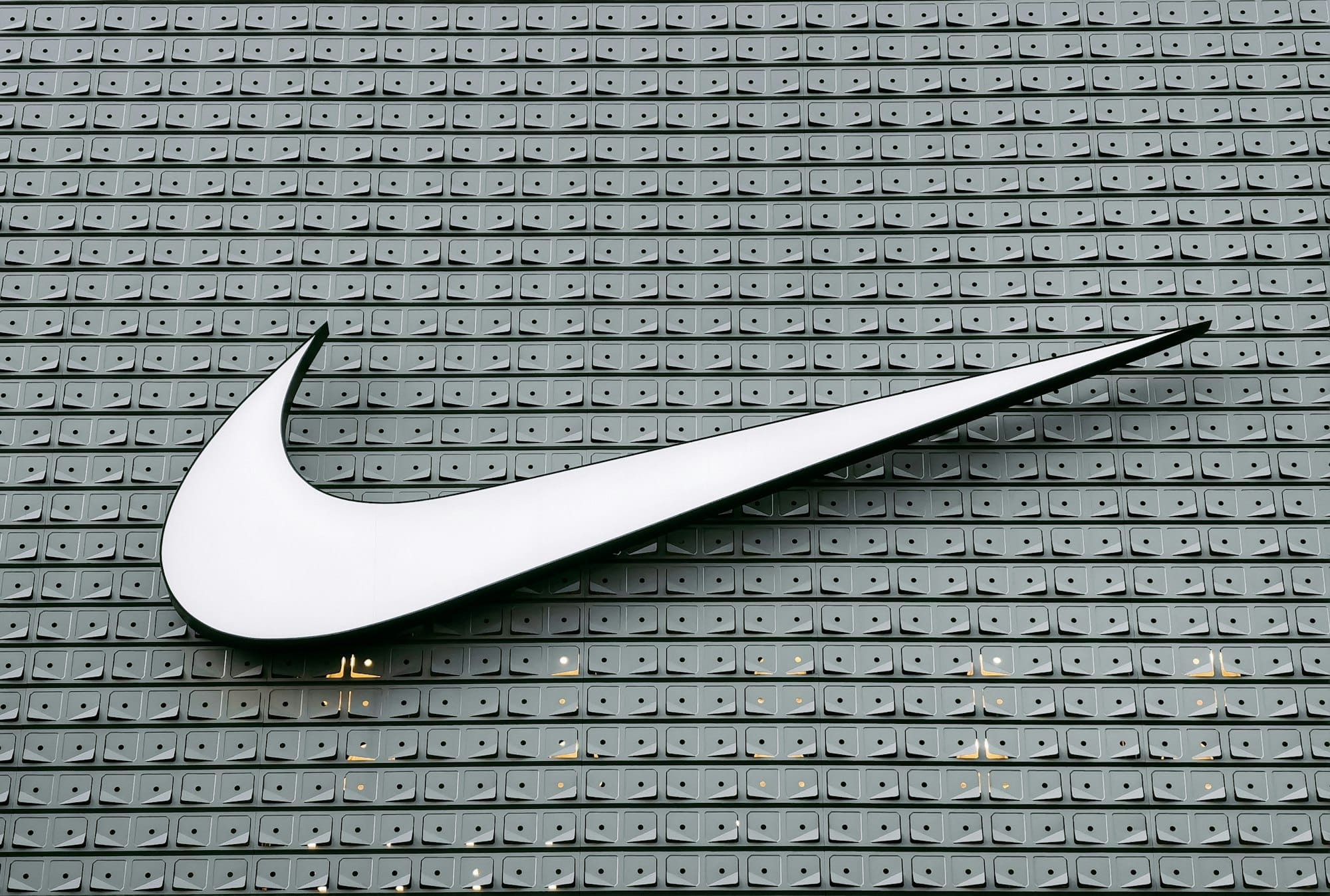Nike's Tax Planning

On 10 January 2019, Margrethe Vestager, the EU's "Tax Queen" launched a challenge against Nike:
"Member States should not allow companies to set up complex structures that unduly reduce their taxable profits and give them an unfair advantage over their competitors. The [European Competition] Commission will carefully investigate Nike's tax treatment in the Netherlands to assess whether it complies with EU State Aid rules. At the same time, I welcome the steps taken by the Netherlands to reform its corporate tax rules and help ensure that companies operate in a fair and competitive environment in the EU."
Nike attempted to block the Tax Queen's offensive by filing an appeal with the EU court, arguing that the evidence was insufficient to justify the investigation. However, on 14 July 2021, the EU General Court ruled against Nike, allowing the European Commission to continue its investigation into Nike's tax avoidance practices. This entire controversy stemmed from the explosive revelations of the "Paradise Papers."
I. The Paradise Papers Exposed Nike's Tax Avoidance Details
In November 2017, the International Consortium of Investigative Journalists (“ICIJ”) published 13.4 million documents leaked from offshore service providers like Appleby and Asiaciti Trust. These documents, collectively known as the "Paradise Papers," were originally obtained by the German newspaper Süddeutsche Zeitung.
These offshore service providers assisted multinational corporations and wealthy individuals in setting up offshore structures to minimize tax liabilities. The documents revealed the tax arrangements of many high-profile clients, including Allianz, Apple, Facebook, McDonald's, Siemens, Disney, Twitter, Walmart, and our focus of this article — Nike.
The leaked documents about Nike disclosed the following:
- The transfer of the Swoosh trademark (Nike's iconic logo) to a Bermuda subsidiary.
- How the Bermuda subsidiary charged royalties to a Dutch subsidiary starting in 2005, effectively shifting profits from Europe to a tax haven.
- A 2015 restructuring that transferred the Swoosh trademark from the Bermuda subsidiary to a new Dutch limited partnership (a CV company).
- Advance Pricing Agreements (“APAs”) between Nike's Dutch subsidiary and the Dutch tax authority in 2006, 2010, and 2015 regarding the royalties.
- The Bermuda subsidiary's management and company seal were based in the United States, even though it was considered a Bermuda tax resident.
In the same month the Paradise Papers were published, the EU launched an investigation into Nike's APAs with the Dutch tax authority, sparking a legal battle.

